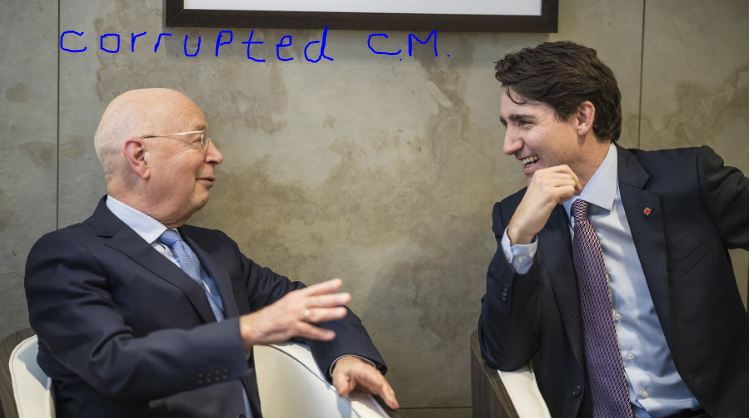Crime Minister’s ArriveCAN is a WEF experiment, Canadians are rising up against it

Nothing is so permanent in Canada as restrictions. For many countries, the Chinese virus is a case of the past. Take, for example, Mexico’s stellar comeback from the pandemic but their North American peers are reluctant to follow suit. Canadians are still in a maze over the strict restrictions imposed on them. Adding more worries is ArriveCAN, the mandatory travel app in Canada that should be used by any traveller wishing to enter the country.
The politics over the Chinese style-surveillance app is gaining momentum in Canada, with opposition parties going into an attack against the prime minister for the same. Information entered in the ArriveCAN app may be kept for at least two years. The likelihood of data misuse, security lapses, and sharing with unauthorised parties is still very high. But batting no eye to the barrage of dissent, the Prime Minister in Ottawa is simply thriving a business with the personal details of Canadians
ArriveCAN- Tainted Hands at WEF
For all this long, accusations were strife with the same old narrative of intrusion into personal details, infringement, and the surveillance app being glitchy and ridiculous. But now, the whole episode has turned a tad interesting with a bombshell revelation from the conservative MPs in Canada.

Accusations floating in the daily discourse of Canadian politics say the whole episode of ArriveCAN has something to do with the World Economic Forum. The organisation may not be that alien to readers after, all hands pointed at Klaus Schwab, the founder of WEF for wielding unusual power in Canadian governance.
Trudeau has taken so many actions in the past that are consistent with Klaus’ objective. Moreover, in 2017, Klaus himself confirmed that Trudeau and the entire Canadian government are influenced by his agenda
You see, more than 80% of Trudeau’s cabinet are graduates of the Young Global Leaders of WEF school. This is the reason why WEF policies are implemented in Canada at the drop of a hat. And what is boiling now is the liaison between both Trudeau and WEF, which saw Canada inking a $150 million deal with Klaus Schwab for a pilot project for paperless travel for citizens. The Known Traveller Digital Identity (KTDI) uses a traveller-managed digital identity for international paperless travel.
“By 2030, international air travel is expected to rise to 1.8 billion passengers, up 50% from 2016. With current systems, airports cannot keep up,” said Christoph Wolff, head of mobility at the World Economic Forum. “This project offers a solution. By using interoperable digital identities, passengers benefit from a holistic system for secure and seamless travel. It will shape the future of aviation and security,” he further added.

